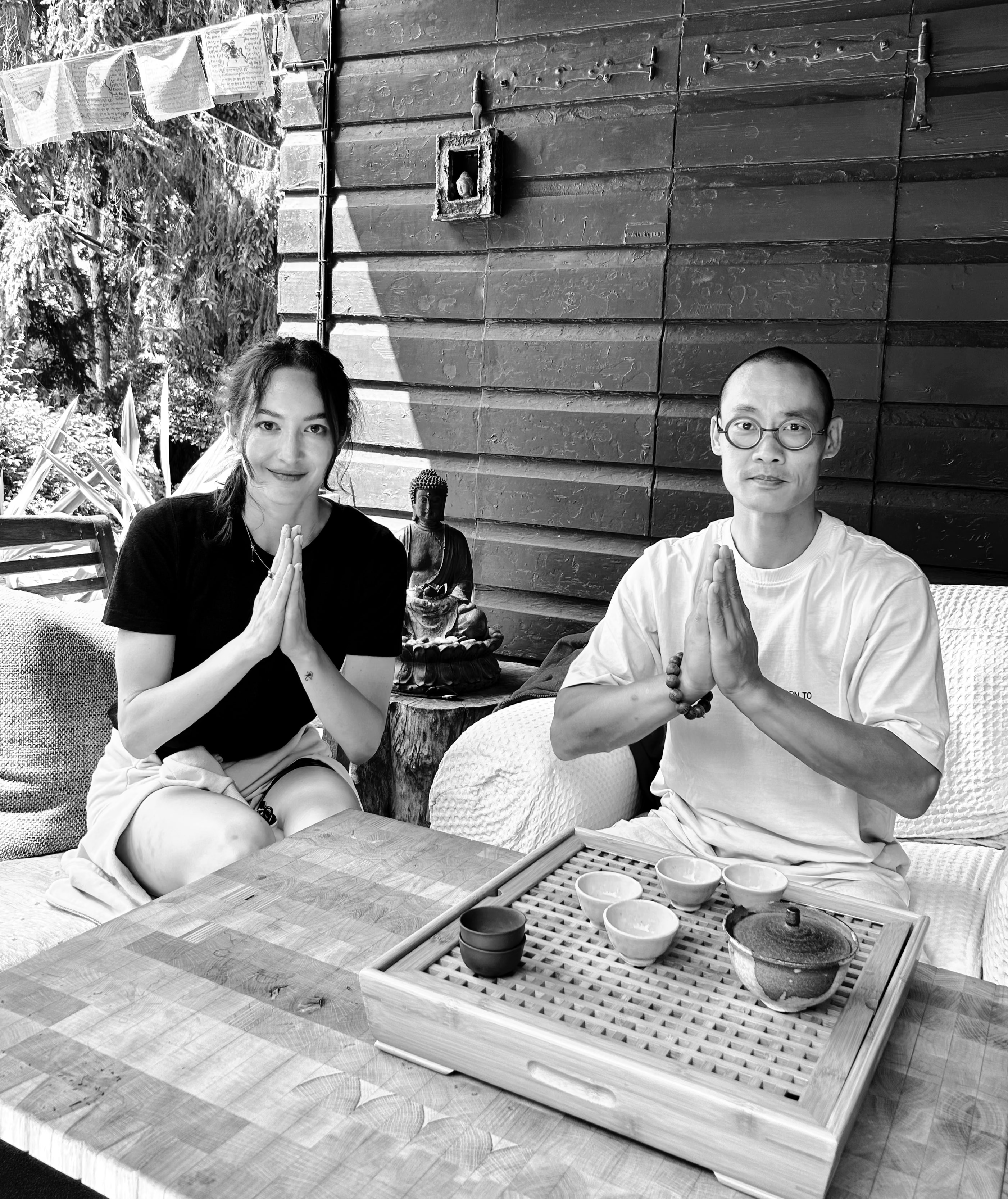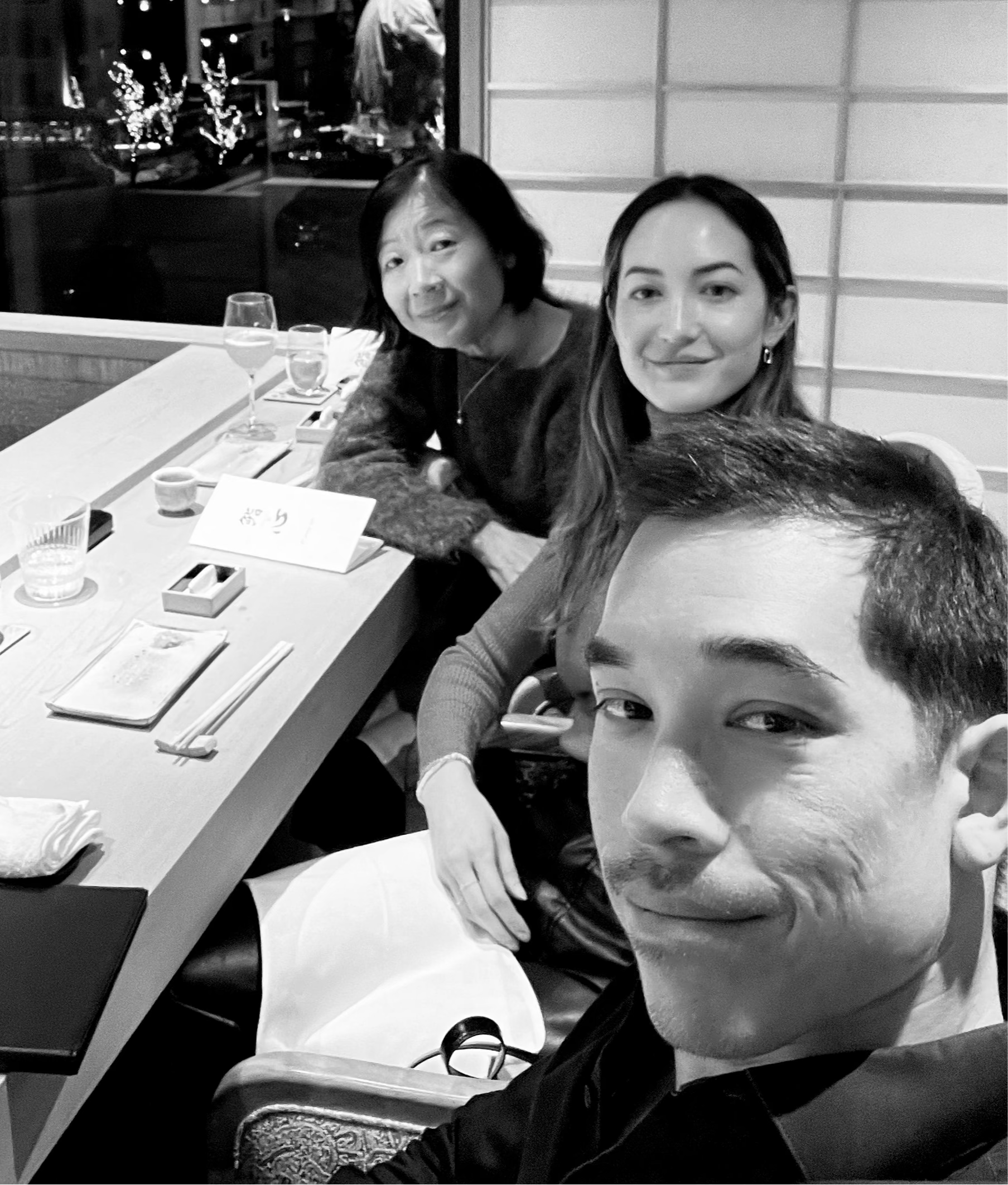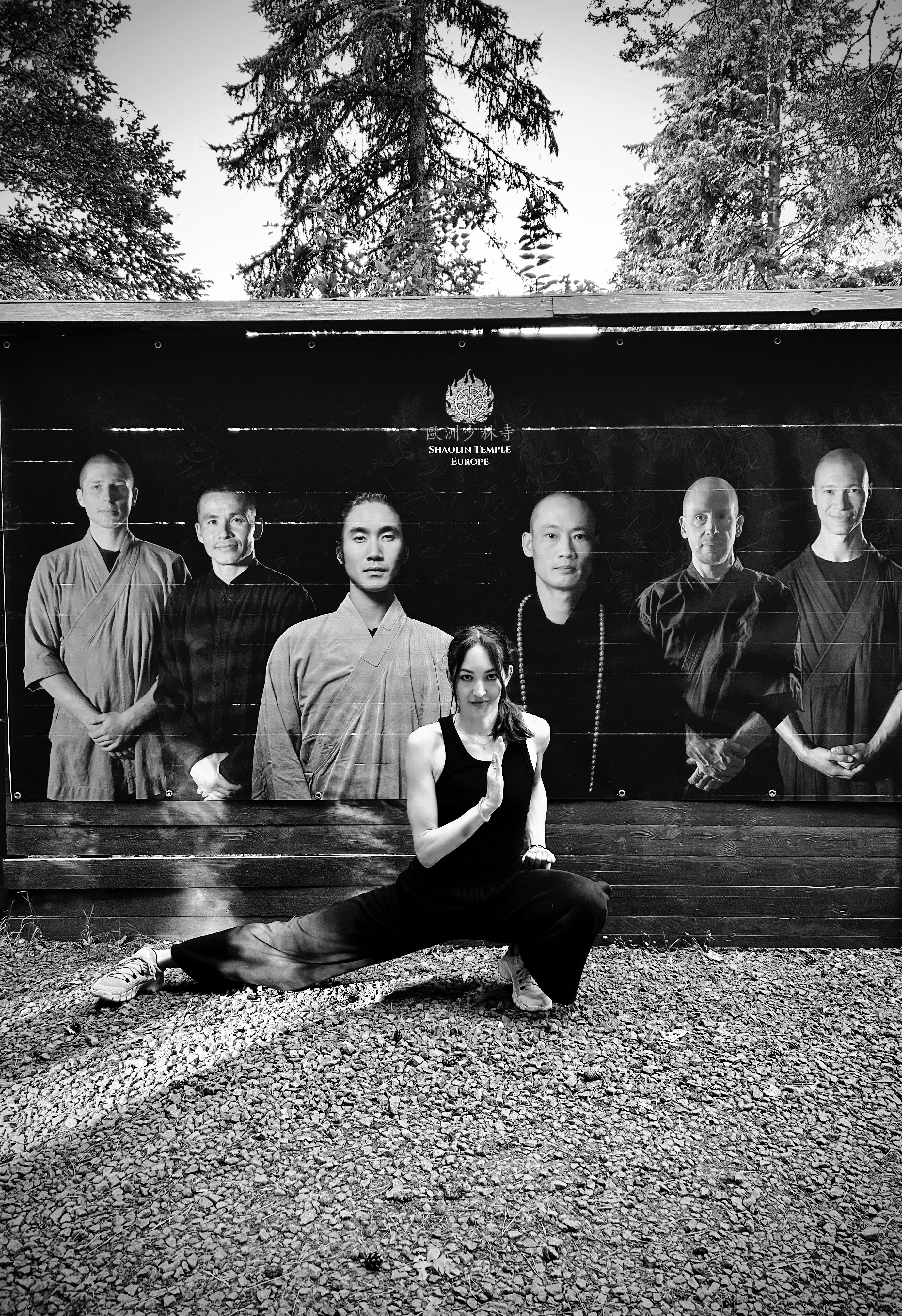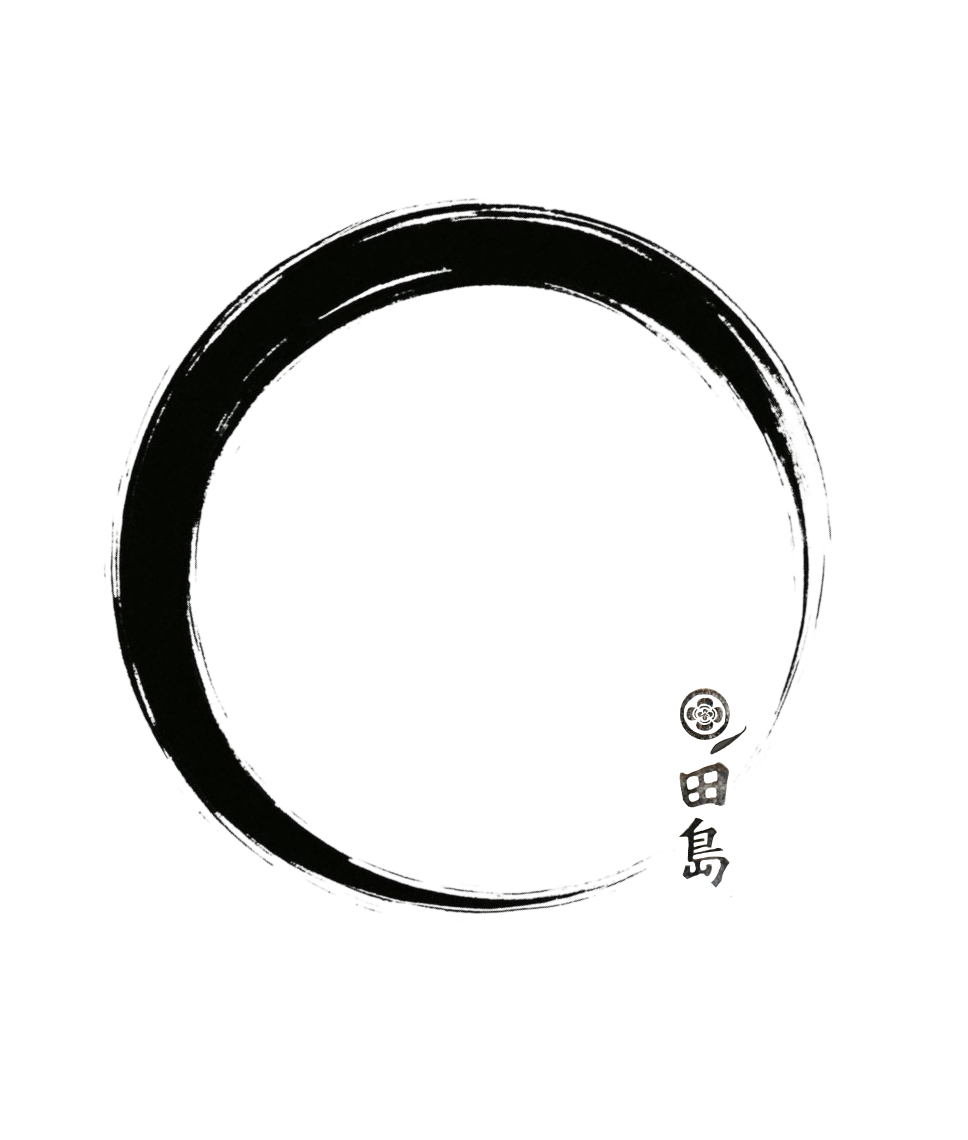The Tajima Ohana's Story
Tajima Botanica is a family-owned business on Maui, Hawaii, where we preserve Japanese tradition, honor ancestral knowledge, and innovate in plant-based healing through the ancient art of tea.
Our story begins with deep roots in Japan, where mom Yukiko was raised, carrying forward generations of cultural wisdom. Siblings Shane and Sera grew up on Maui, where the island's spirit of respect for the land (aina) perfectly complemented Japanese reverence for nature.
From an early age, both siblings connected with their culture through language and martial arts. Sera dedicated herself to kung fu, understanding that these disciplines shared the same principles of mindfulness, precision, and respect that define the Japanese tea ceremony.
Sera's journey took her to Doshisha University in Kyoto, where she studied tea ceremony in the city where this sacred practice was perfected over hundreds of years. Later, her martial arts path led her to train at the Shaolin Temple Europe, where East meets West. Embodying our mission, she shared our Japanese tea with the temple's tea master and monks. This exchange honored both traditions - the meditative discipline of Shaolin kung fu and the mindful ceremony of Japanese tea.
These experiences revealed the profound connection between martial arts and tea ceremony: both require presence, patience, and reverence. Both transform simple movements into meditation. Both honor the wisdom of ancient masters while remaining fully present in the moment.
The idea for the tea business truly came to life after Sera's journey through long covid. She became so ill she couldn't work for over a year and eastern medicine, including Chinese Traditional Medicine (TCM) was a big part of her recovery and awakening.
The family opened Tajima Botanica to share our traditions and help people reconnect to themselves through the daily ritual of tea. Our carefully selected teas - from premium ceremonial matcha to roasted hojicha - carry the same intention that guides a martial artist's practice: every move matters, each moment is sacred, and true mastery comes through patient cultivation.
Today, Tajima Botanica is proud to serve tea lovers, martial artists, and anyone seeking mindful moments. Our teas grace the tables of restaurants and cafes across Maui, and we're honored to share this bridge between Japan and the Hawaiian islands.




Tajima Clan Crest
Our logo was crafted to share the story of the Tajima family.
The enso circle, painted with the fluid grace of traditional sumi-e rooted in Zen Buddhism, represents the endless cycle of tea - from leaf to cup. At its heart sits the family's geometric camellia flower crest, a kamon that carries deep cultural significance.
Kamon - clan symbols - were once the beating heart of Japanese identity. Each family had its own crest, proudly displayed. During feudal times, these crests determined the colors of samurai armor and announced lineage and honor.
Traditional samurai crests often featured flowers. Our camellia crest follows this heritage - its petals sharing botanical kinship with the camellia sinensis tea plant, creating a perfect marriage of ancestry and family calling. The circular frame preserves the traditional kamon format, honoring generations of heritage.
Below the crest, a single delicate leaf grows from this ancestral foundation, symbolizing how the family's tea business honors the past while cultivating something entirely new on Maui soil.
The kanji for Tajima flows in traditional calligraphy strokes, completing our visual story. Together, these elements create a visual haiku - traditional yet contemporary, rooted yet reaching, a mark that honors ceremonies past while promising seeds for the future.
Just as ancient kamon evolved from battlefield identifiers to symbols of family pride displayed in daily life, our logo transforms from historical emblem to modern mission. It doesn't just represent a tea business, but tells the story of heritage flowering into innovation, one peaceful sip at a time - carrying the weight of samurai tradition into the gentle rhythm of island life.
